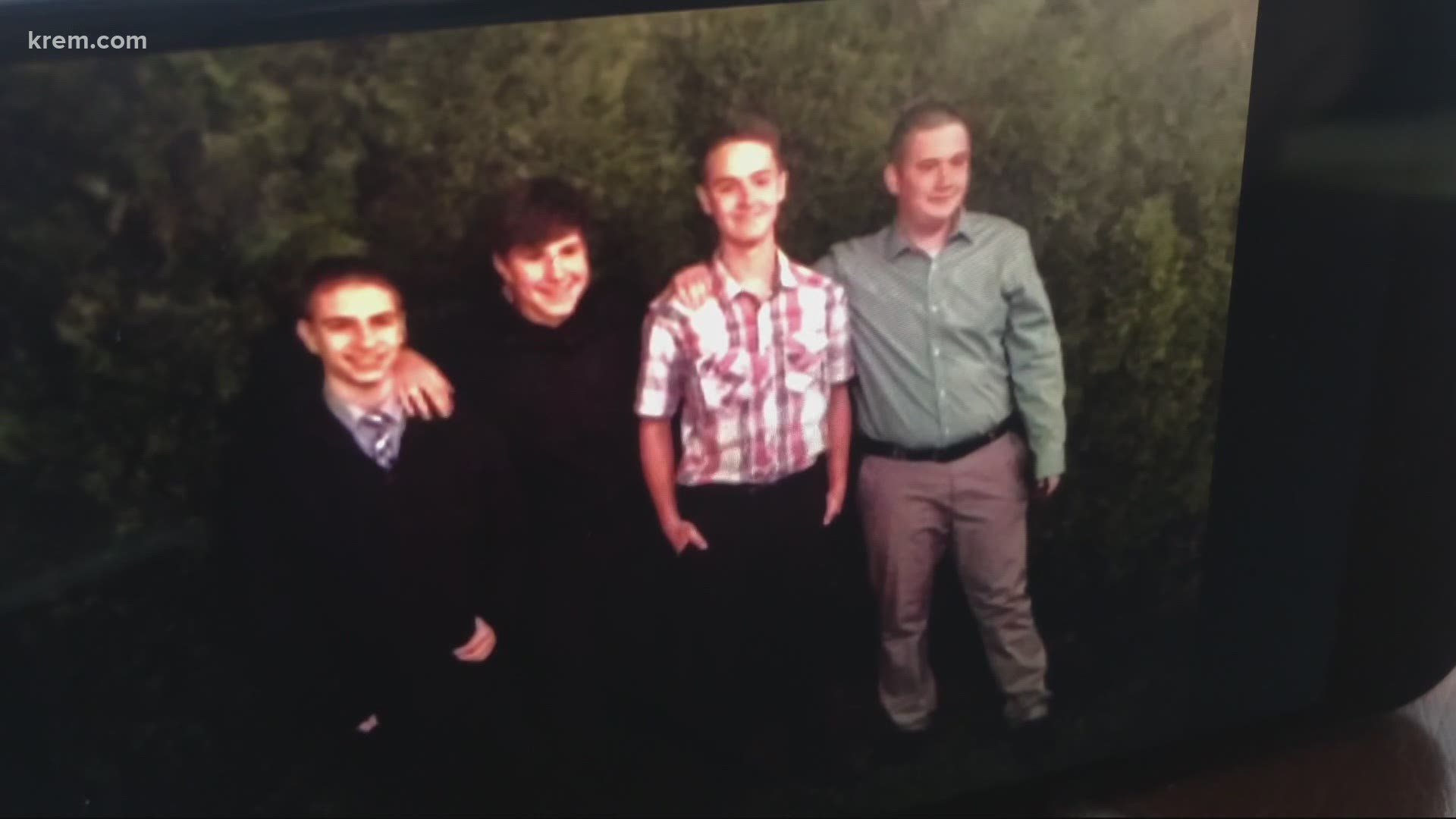SPOKANE, Wash — Trevor Lesesne is like most teenagers, enjoying hanging out with his friends, biking, and using his trampoline. But when COVID-19 caused national shutdowns, Lesesne had to cut back on doing the activities he loved.
The change in lifestyle and routine sparked bouts of depression in the teenager. Despite enjoying online school over in-person school, Lesesne struggled with the restrictions placed on day-to-day life.
“There were a lot of tears in that time,” he said. “I felt isolated, felt like no one cared about me. I felt like I was unloved and unwanted. It kind of hurt for a while.”
There were several times over the past year Lesesne said he struggled to get through the negative thoughts and feelings. To help, he left his hometown of Wenatchee to get treatment at the Inland Northwest Behavioral Health Center in Spokane.
Lesesne reflected on the time there with positivity. He said the staff was helpful and nice but being away from family was hard.
Now, Lesesne said he takes life one day at a time. He has followed a recovery plan, and said he feels better now than last year. But fully recovering from a year like 2020 will take time and patience.
That is what Spokane Public School’s Mental Health Services Director David Crump said, when asked how children are doing with the return to in-person learning.
“These little kids’ brains and these adolescents have been continually developing over the last year… So, once we get out of the pandemic, we’re going to be dealing with the effects of the pandemic,” Crump said.
The Spokane Public School District is the only district in the state of Washington that is also a licensed mental health center. There are therapists that work directly with students in most SPS schools.
That access has helped students with mental health recovery during the pandemic, but Crump says there is still a lot of unpacking to do.
For parents concerned about their children, Crump suggested looking out for these signs of mental illness: Increased irritability and agitation, anger outbursts, isolation from friends or family, stomach aches, and extremely low or high energy.
If these signs arise, there are several resources available to families. Crump suggested finding a counselor through health insurance or school staff, visiting the Washington State Behavioral Health Tool Kit, or calling community crisis lines.
To help at home, experts say parents can implement a routine.

